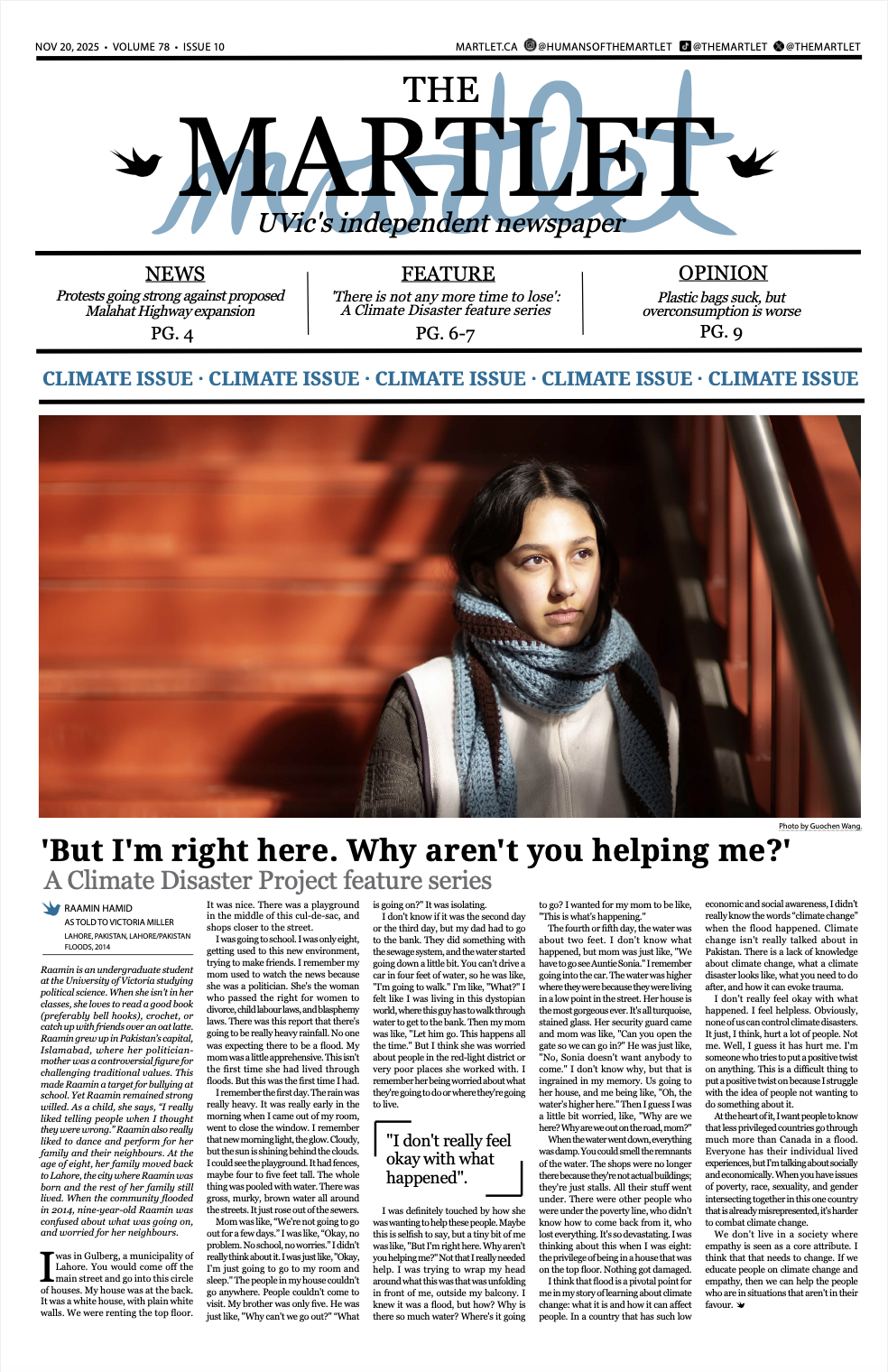I cheat. You cheat. A-Rod cheats. Even once-thought squeaky clean poster boy Tiger Woods cheats. We all cheat — to varying degrees, of course. By cheating, I don’t strictly mean infidelity. (Although, according to a survey by Forum Poll market research firm conducted in 2012, 12 per cent of Canadians over the age of 18 and currently in a relationship reported they had been unfaithful, and 11 per cent preferred not to answer.) By cheating, I mean maybe you’ve “borrowed” a pen or pencil from work (guilty), or you’ve “accidentally” under-reported your tips on your tax return, or graciously used someone else’s parking receipt. Or decided not to pay for parking at all!
What about in a sport? Maybe you were out of bounds, the ball went off you, or you didn’t quite catch it before it hit the ground and yet you said nothing. What about academically? According to the Doc Zone documentary “Faking the Grade” featured on CBC, it is estimated that 70 per cent of university students cheated at some point during their high school years. Perhaps a casual glance at your neighbour’s paper during a test, a cell phone search while using the bathroom, or a tiny bit of plagiarism on a paper.
This dark side of human nature was analyzed by Duke University professor of economics Dan Ariely and his colleagues .In his most recent book, The (Honest) Truth About Dishonesty: How We Lie to Everyone—Especially Ourselves, Ariely and his colleagues performed a range of similar experiments with slight variations to analyze the degree to which people cheat and the conditions that contribute to and mitigate dishonest behaviour. They found few people will cheat in a major way, but many good people cheat just a little bit. The major revelation in his book is that we cheat (or are dishonest) to the degree in which we continue to benefit but at the same time are able to preserve a positive self-image. In other words, we want the benefits of cheating but only to the degree in which we can maintain a warm and fuzzy feeling about ourselves. Ariely calls this the “fudge factor.” Mmmm . . . fudge.
Due to the threat from Martlet editors to keep this article at a limited word count or else be forced to watch Miley Cyrus’s VMA performance without being able to cry for humanity, I’m unable to expand on how distance from money, conflicts of interest, creativity and several other variables influence people’s engagement in dishonest behaviour. If by some miracle you’re still reading this article and haven’t yet arrived at your bus stop, spilt food over it, fallen asleep or realized you’re already countless chapters behind in studying, I encourage you to read Ariely’s book and explore the fascinating experiments and conclusions which shed light on the variables that influence people’s “fudge factors.” Mmmm . . . fudge.
My objective isn’t to point fingers or to make you feel bad. I’ll leave that to your parents. My objective is to create awareness of the—often unconscious and automatic—tendency we all have to rationalize and justify dishonest behaviour so that at some point you might catch yourself in the process of doing so and stop to reconsider. As Ariely points out, we are not helpless in the face of our follies. When we begin to understand our undesirable behaviour, we can start to discover ways to control our behaviour and restructure our environment to improve our outcomes.
Fortunately, especially for those of you who may have been disheartened at being made aware of everyone’s tendency to be dishonest at times, at least you don’t have to look into my claims yourself. Everything I’ve stated is true. Would I lie . . .?








